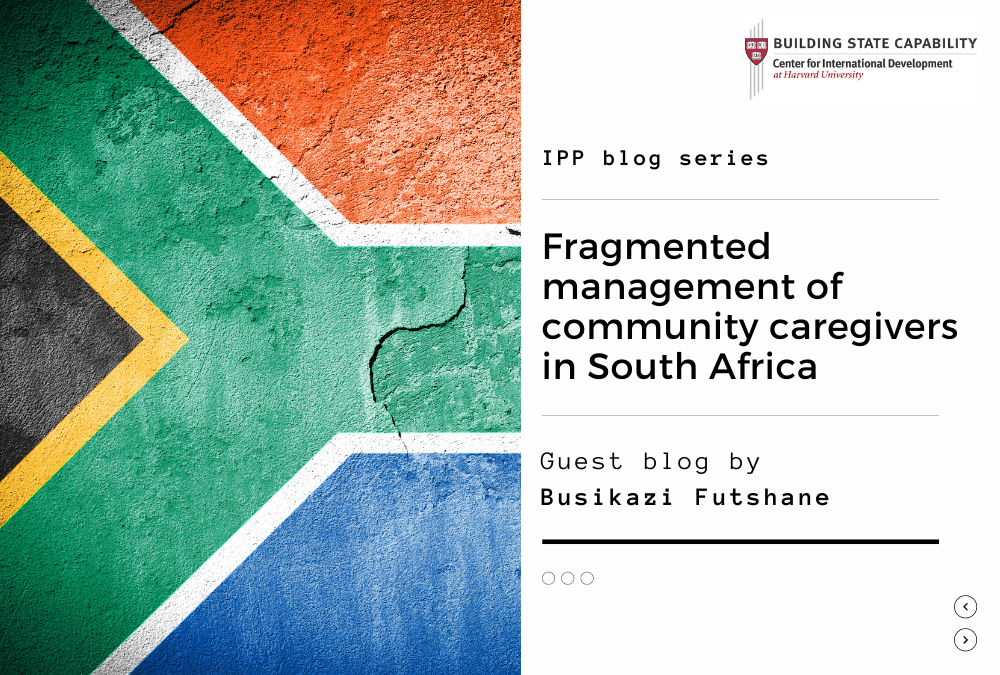Guest blog by Busikazi Futshane My expectations of IPP I enrolled in Implementing Public Policy programme because I since learned that I am dealing with a complex policy challenge. My interest was to understand how to deal with uncertainty and unknown factors in policy implementation. I wanted new insights, tools to ease bottle necks, and ways…Continue Reading A Journey of Inward Looking and Quick Wins in South Africa
A Journey of Inward Looking and Quick Wins in South Africa
